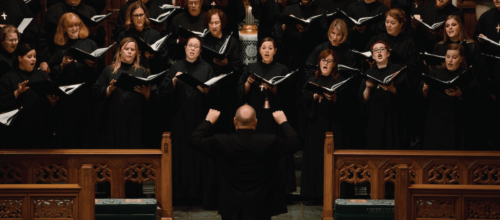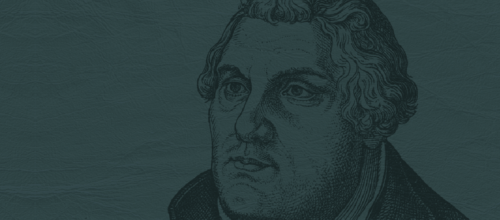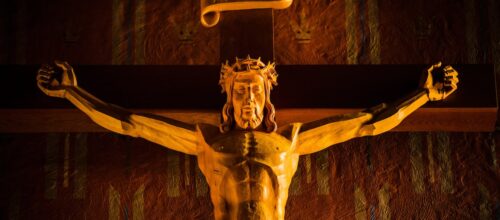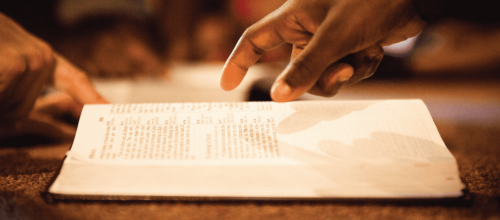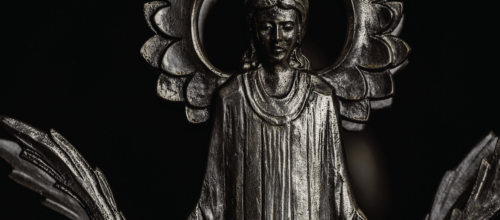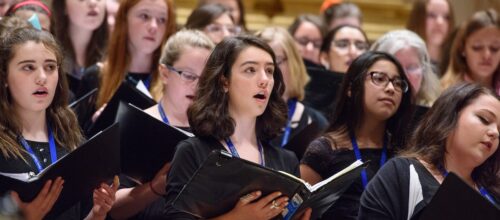“The Bridegroom Soon Will Call Us” – Hymn Feature
The uplifting expression of faith and joy at Christ’s second coming in “The Bridegroom Soon Will Call Us” (LSB 514) by Johann Walter and Michael Praetorius reminds us that there is meaningful history in so many of our great Lutheran hymns.
